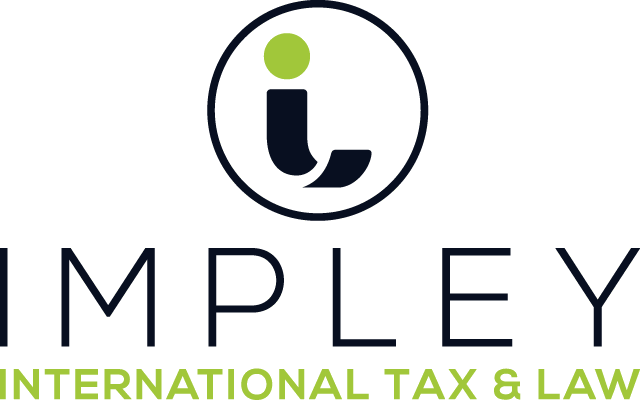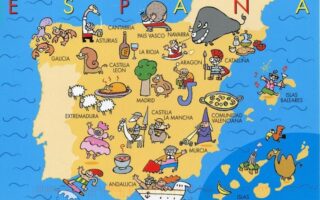
NEW CASH LIMIT ON PAYMENTS IN SPAIN
Residents in Spain cannot use cash to pay bills for goods or services costing €1,000 or more.
Previously the limit was €2,500 but a new law has been passed reducing cash payments to €1,000 to prevent and fight against tax fraud. It applies to any transactions where one party is an entrepreneur, professional or autonomo.
Therefore, you need to pay by bank transfer or debit/credit card any bills of €1,000 or more for:
- Purchases in shops
- Business transactions
- Professional services
The new law covers the total cost of the goods or services. For instance, you could not pay cash to put a deposit on a property or new car as the total cost would be more than €1,000.
If you are paying for something by instalments and the total cost exceeds €1,000, you will have to pay by card or bank transfer.
What happens if you break the law?
Breaking the law can be costly because the fine is 25% of the amount paid in cash. Cash is defined as:
- Coins and banknotes in any currency
- Cheque ‘to the bearer’ in any currency
- Any means where the origin or destination of the funds is not clear
For further information or if you want advice about the new anti-fraud law in Spain, please contact us at Impley.
Can you pay part cash and part card?
One of the most important points is whether it is possible to pay part in cash and the rest by bank transfer. So, if an operation carried out between a business person and an individual has a value of €3,000, can €1,000 be handed over in cash without breaking the law? The simple answer is no.
If the total cost exceeds €1,000, part-payment in cash will be in breach of the law.
What about when you pay in instalments?
Suppose you are having building work done on your property and are asked to pay €250 deposit, plus €500 for materials when the work starts and €500 for labour when the work is completed. The total cost is €1,250 and none of the transactions cannot be paid in cash. It is not possible to pay partly in cash and partly by card. It is not possible to divide the invoice in two – one for services and the other for materials – to get around this limitation either.
You may be given several invoices for a single operation that requires several sessions or instalments. This could be a service provided by your dentist which requires several appointments, or the services of a lawyer which involves several phases or appointments. These invoices need to be added together to see if the total is €1,000 or more.
What if the work goes over budget?
You also need to watch out for work which goes over budget. If the initial cost was less than €1,000 and you paid in cash, it will not entail a penalty. However, the minute it is known the budget has gone up to €1,000 or more, the rest of the payments must be paid by means other than cash.
Does the law cover several operations made in the same day?
A customer could come to your shop or business and make a purchase which is less than €1,000. The same customer returns later in the day to make a second purchase, which puts the total spend at more than €1,000. Does this break the law?
If the goods are not related, then the cash payments are not limited to €1,000. However, if there is a relationship between the assets, then the limit should be applied.
You can avoid the sanction if you can demonstrate you have not been able to detect the customer’s behaviour. This could be the case in supermarkets or department stores which have many customers in one day who are served by different employees.
Please get in touch for further information about the new anti-fraud law limiting cash payments in Spain.





